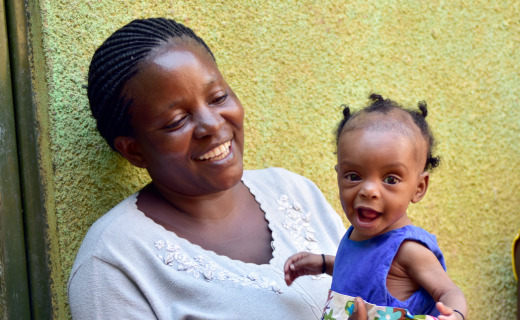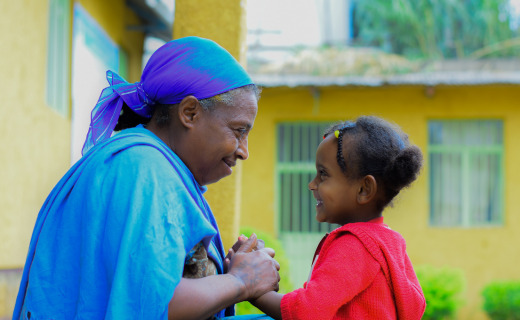Zika virus
What is the Zika Virus?
The Zika virus is a mosquito-borne disease that according to the World Health Organisation has gone from “a mild threat to one of alarming proportions.” It has been declared a public health emergency of international concern. This emerging epidemic has been linked to thousands of babies born with birth defects in Brazil and is spreading rapidly with a projection of 3 – 4 million cases throughout the Americas in the next year.
How Is Zika transmitted?
The Zika virus is transmitted from the Aedes Aegypti mosquito, which also carries dengue and yellow fever. This mosquito is found throughout the world but especially in tropical and sub-tropical areas of the Americas, Africa, Asia and the Pacific.
Signs and Symptoms: Is It Serious?
Only 1 in 5 people infected with Zika show symptoms of mild fever, rash, headaches and red itchy eyes. However, for pregnant women there are serious concerns. Brazil has recorded a large increase in cases of microcephaly, a congenital condition where babies are born with smaller heads and incomplete brain development. There is a possible link between the Zika virus and microcephaly.
How Is Zika Affecting the communities where compassion works?
To date, there have not been any severe Zika cases in Compassion-assisted children or staff. This is being actively monitored and appropriate preventative measures are being taken to support the families and their children.
Currently, the Centre for Disease Control and Prevention has reported active transmission of Zika in 24 countries. We have local church partners and Compassion projects in 10 of those countries: Bolivia, Brazil, Colombia, Dominican Republic, Ecuador, El Salvador, Guatemala, Haiti, Honduras and Mexico.
Treatment, Prevention and Education: How Is Compassion Responding?
While there is currently no vaccine or medicine to treat Zika, there are protective measures that can be taken in order to avoid mosquito bites: using insect repellent, wearing long-sleeved shirts and long trousers, sleeping under a mosquito bed net and emptying any standing water from containers around your home where mosquitoes could breed.
As part of an ongoing prevention campaign, Compassion field staff are distributing educational resources to mothers and communities about the risks of Zika and how to avoid the virus. Schools have also been fumigated in many areas where Compassion projects are located. Mothers in our Child Survival Programme have been given bug repellent and received mosquito nets.
Edouard Lassegue, Regional Vice President of the Caribbean adds: “As a part of our normal health programme, children receive training on the most common diseases and how to protect themselves. This training often has ripple effects, as the children share what they learn with their parents and other family members. Thus they become agents of change in their communities.”
Report by Grace Thee, Compassion's Latin American and Caribbean Communications Specialist.





